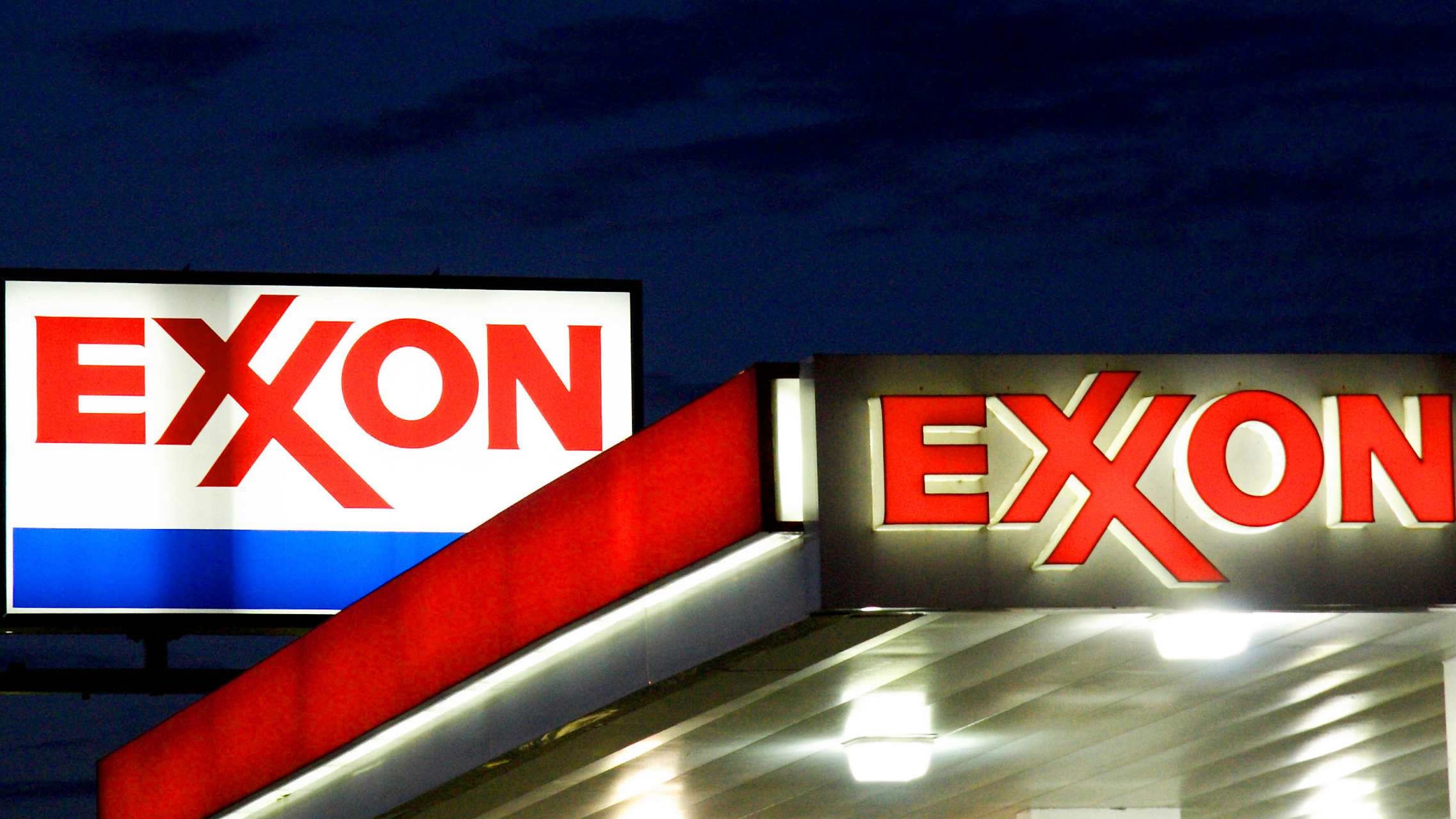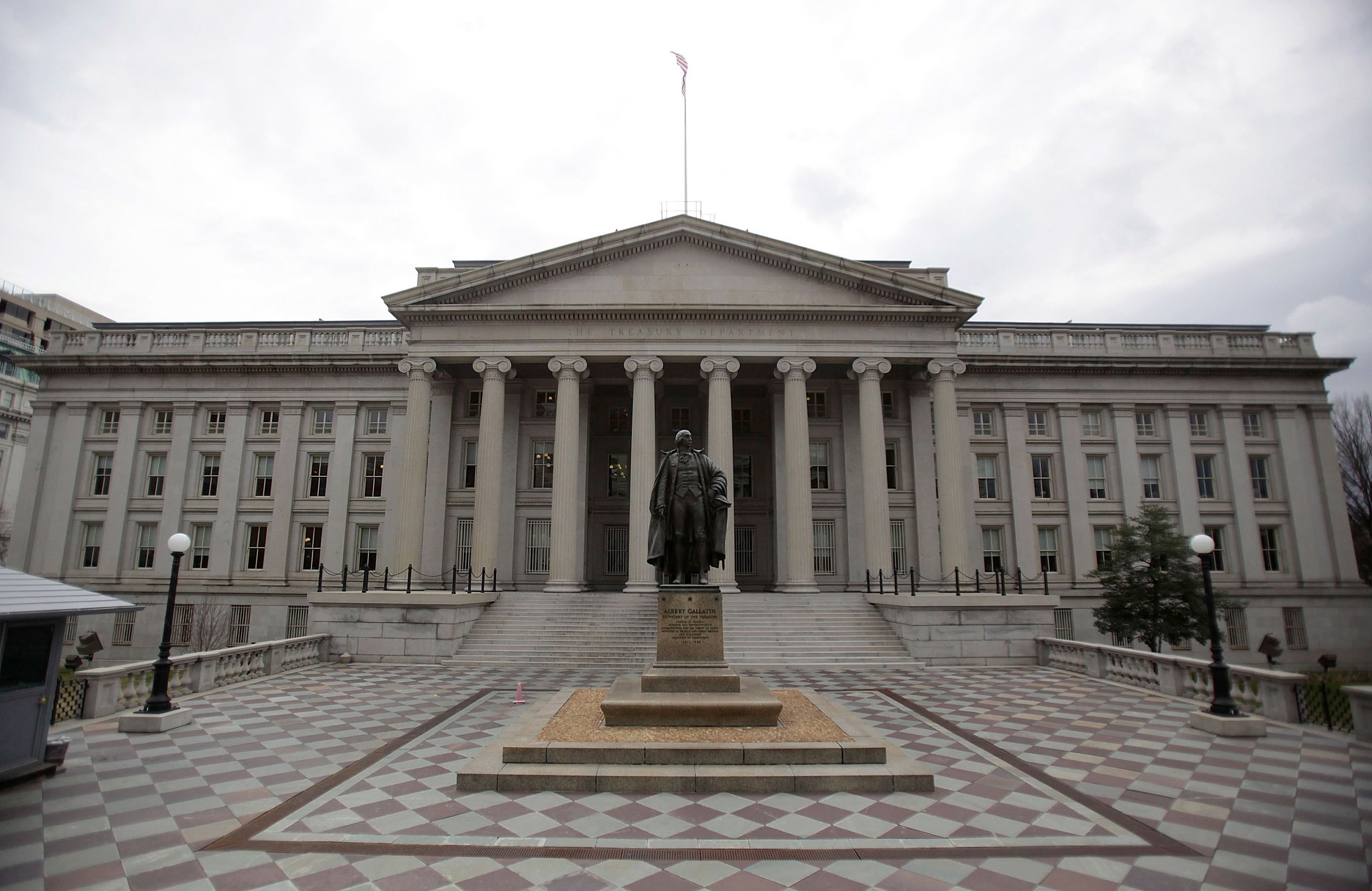
Business
15:05, 21-Jul-2017
Exxon sues US over fine levied for Russia deal under Tillerson

Exxon Mobil Corp sued the US government on Thursday, blasting as "unlawful" and "capricious" a two million US dollars fine levied against it for a three-year-old oil joint venture with Russia's Rosneft.
The US Treasury Department on Thursday morning slapped the world's largest publicly traded oil producer with the fine for "reckless disregard" of US sanctions in dealings with Russia in 2014 when Rex Tillerson, the current US Secretary of State, was Exxon's CEO.
The lawsuit and the Treasury's unusually detailed statement on Exxon's conduct represented an extraordinary confrontation between a major American company and the US government, made all the more striking because Exxon's former CEO is now in President Donald Trump's Cabinet.
Exxon took the government to court despite the fact that the fine, the maximum allowed, would have a minor impact on the company, which made 7.84 billion US dollars in profit last year.
The fine came after a US review of deals Exxon signed with Rosneft, Russia's largest oil producer, weeks after Washington imposed sanctions on Moscow for annexing Ukraine's Crimea region.

US Treasure Department. /VCG photo
US Treasure Department. /VCG photo
Between May 14 and May 23, 2014, top US-based Exxon executives signed eight documents with Igor Sechin, the head of state-run Rosneft, the Treasury's Office of Foreign Assets Control (OFAC) said in the statement on its website.
OFAC said Exxon had "demonstrated reckless disregard for US sanctions requirements" by signing the deals with Sechin just weeks after the United States blacklisted him, OFAC said in the three-page statement.
The Treasury imposed sanctions on Sechin in April 2014 as part of measures to pressure Russia over its intervention in Ukraine, saying Sechin had shown "utter loyalty" to Russian President Vladimir Putin.
The sanctions prohibit US citizens or people in the United States from dealing with those on the blacklist, such as Sechin. Rosneft itself is subject to narrower US sanctions that still allow Americans to deal with the company on some transactions.
Exxon said in a statement that OFAC's action was "fundamentally unfair," and sued the US government in Texas in an effort to overturn the decision. The company is based in Irving, Texas.
In its 21-page complaint, Exxon argued that Sechin "was subject to sanctions only in his individual capacity" and that guidance from the Obama administration at the time made clear that the sanctions "applied only to the 'personal assets' of the sanctioned individuals and emphasized that the sanctions did not restrict business with the companies those individuals managed."
(Source: Reuters)

SITEMAP
Copyright © 2018 CGTN. Beijing ICP prepared NO.16065310-3
Copyright © 2018 CGTN. Beijing ICP prepared NO.16065310-3